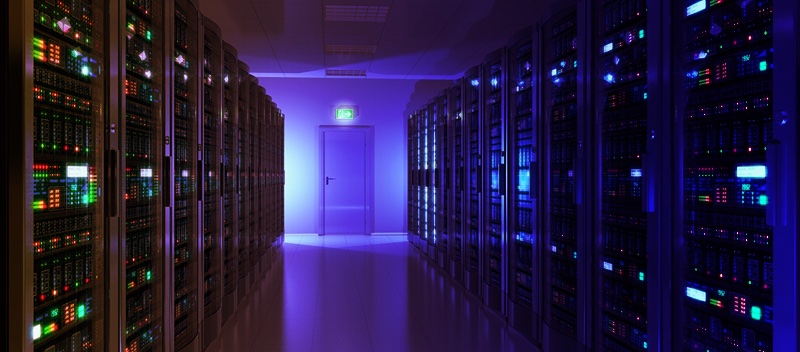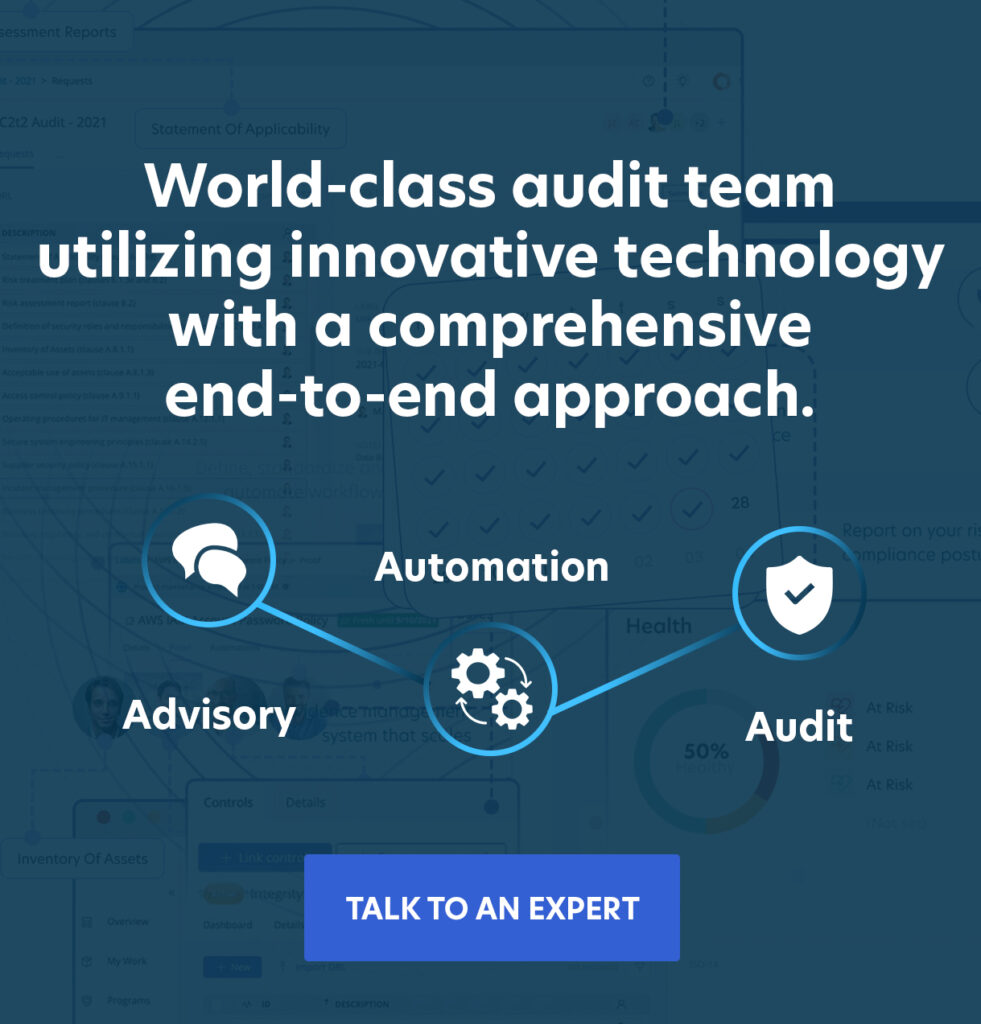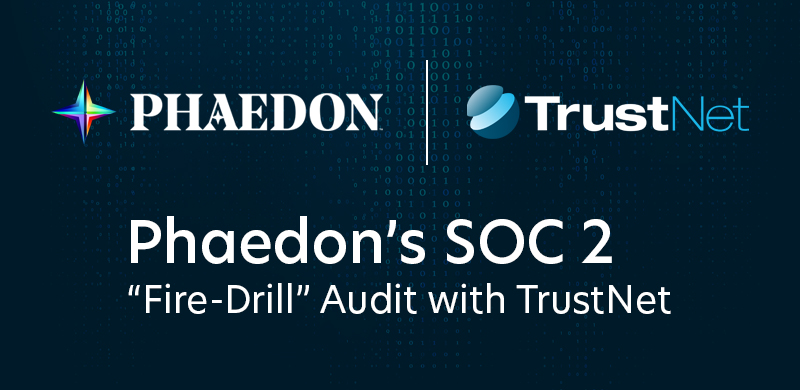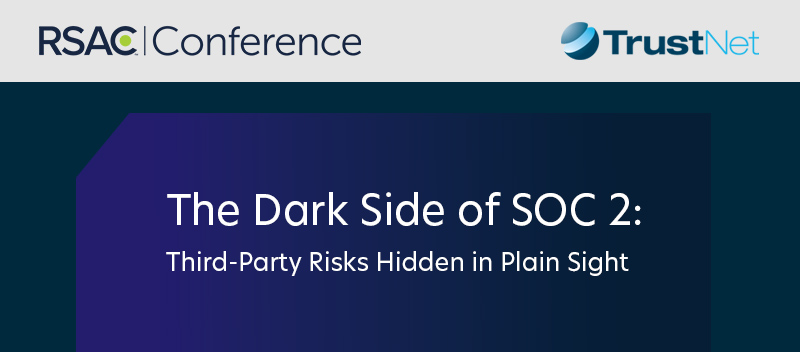 With the rise of high-risk environments, there has been an increasing demand for SOC 2 reports. This demand is not limited to the U.S., where the widely recognized auditing framework originated, but is also expanding globally. This is particularly evident in digital supply chains, where trust and assurance have become vital elements for business success.
With the rise of high-risk environments, there has been an increasing demand for SOC 2 reports. This demand is not limited to the U.S., where the widely recognized auditing framework originated, but is also expanding globally. This is particularly evident in digital supply chains, where trust and assurance have become vital elements for business success.
Developed by the American Institute of Certified Public Accountants (AICPA), SOC 2 (System and Organization Controls 2) specifies how organizations can safeguard information across five core criteria: security, availability, processing integrity, confidentiality, and privacy.
SOC 2 enables companies to showcase their implementation of effective controls for safeguarding sensitive data, instilling confidence in clients, partners, and regulators. With a favorable SOC 2 report issued by a qualified auditor, stakeholders are assured that the company diligently practices good governance over its information systems.
Why is the demand for SOC 2 reports on the rise?
In today’s interconnected business landscape, effective risk management extends beyond safeguarding your premises. As organizations rely on networked relationships for success, any entity that neglects to address its vulnerabilities can potentially jeopardize your organization when exchanging data.
Cybersecurity incidents, including data breaches and leaks, have been recurrent in the news, capable of disrupting operations and inflicting severe financial and reputational harm. It is imperative to prioritize robust risk management practices to mitigate these risks effectively.
That is why an increasing number of companies are seeking solid assurance from vendors and stakeholders before finalizing procurements, projects, or partnerships. Savvy customers now require evidence of service providers’ ability to protect sensitive customer data before entering into any business relationship. Similarly, vendors, service providers, and other businesses must demonstrate, through a recognized standard, that their systems are secure and compliant with regulatory requirements.
For many companies, SOC 2 is the answer. Widely accepted and preferred by both buyers and sellers in a business relationship, SOC 2 serves as the most practical, cost-effective solution to meet the demand for assurance.
SOC 2 compliance affirms the reliability of an organization’s internal controls over its information systems. Achieved only after a rigorous process involving assessments, remediation, system tests, and a formal audit, SOC 2 compliance helps improve a company’s security posture and the attractiveness of its brand to potential clients and investors.
Today SOC 2 stands as one of the most widely recognized security frameworks worldwide. It has evolved into a standard requirement across various industries, shaping the way business is conducted.
As a result, the SOC 2 framework now plays a crucial role as a screening tool during the sales process, providing SOC 2-compliant vendors with a distinct advantage. Meanwhile, competitors who have yet to obtain SOC 2 reports are missing out on significant business opportunities.
Benefits of SOC 2 Compliance
Organizations need to undergo a rigorous, resource-intensive process to earn a favorable SOC 2 report. Fortunately, the benefits of compliance far outweigh the costs.
The following are among the key advantages a SOC 2-compliant company enjoys:
- Seal of trust. A genuine SOC 2 logo from AICPA displayed on your website or corporate profile demonstrates your commitment to data protection and privacy. This helps build trust and confidence in your brand, systems, products, and services.
- Enhanced governance culture. The process of achieving SOC 2 compliance helps drive good governance, due diligence, and adherence to industry best practices. Governance tools such as policies and procedures form the core of the internal controls assessed during a SOC 2 engagement. Designing and implementing effective controls require the commitment, accountability, and focused involvement of cross-departmental stakeholders in your organization.
- Improved security posture. A SOC 2 gap analysis helps uncover weaknesses and vulnerabilities in your information systems. The subsequent remediation process helps address those weaknesses and mitigate risks by implementing stronger and more effective internal controls in the form of better policies or smarter technologies. As a result, your company achieves a more updated and adequate security posture.
- Alignment with regulatory standards. SOC 2 shares many elements with other compliance frameworks and regulatory standards such as GDPR, CCPA, HITRUST, ISO 27001, HIPAA, and PCI DSS. Compliance with SOC 2 makes it easier and faster to also comply with said standards because their requirements often coincide and overlap.
- Improved operational efficiencies. While this is not always a realized advantage, a SOC 2 engagement generally helps streamline your systems and processes through the adoption of industry best practices. Moreover, experienced third-party assessors and expert SOC 2 consultants can provide technical and strategic insight that can help drive incremental gains in business performance.
- Competitive advantage. SOC 2 compliance functions as a brand differentiator, helping your organization extend its market, grow revenue, and generate funding by engaging a more security-conscious demographic among customers, partners, and investors.
Final Takeaway
SOC 2 compliance delivers many compelling advantages. Unsurprisingly, the demand for SOC 2 reports (among both customers and service providers) continues to trend upwards.
The question for most organizations has ceased to be whether they should seek compliance but when and how to start the journey.
That decision process need not be long and complicated. Remember, the more time you spend weighing the odds and ends of SOC 2 compliance means the less time you have reaping its benefits. Engaging trusted experts can simplify the process.
Call an experienced SOC 2 assessor for a free consultation.




